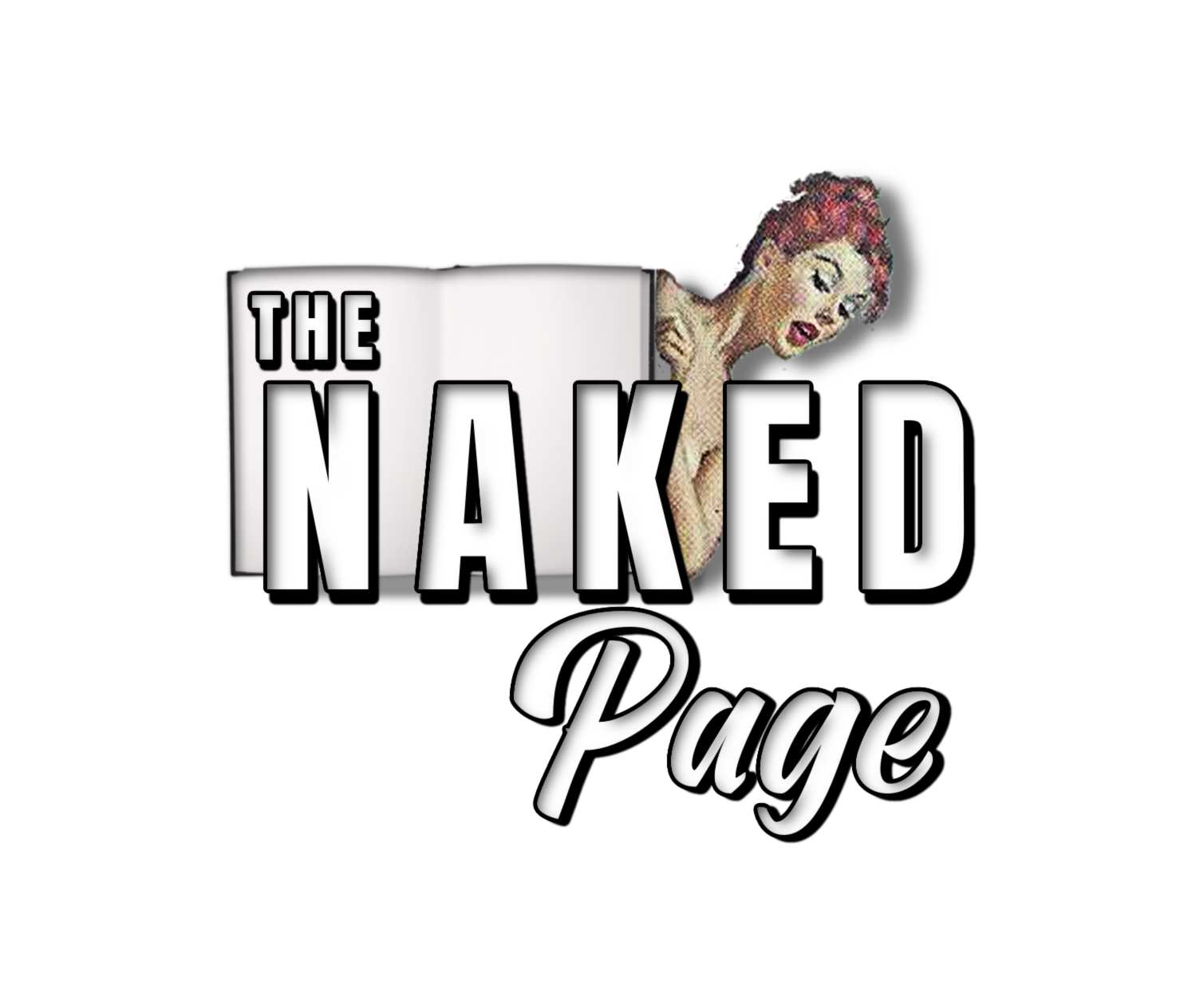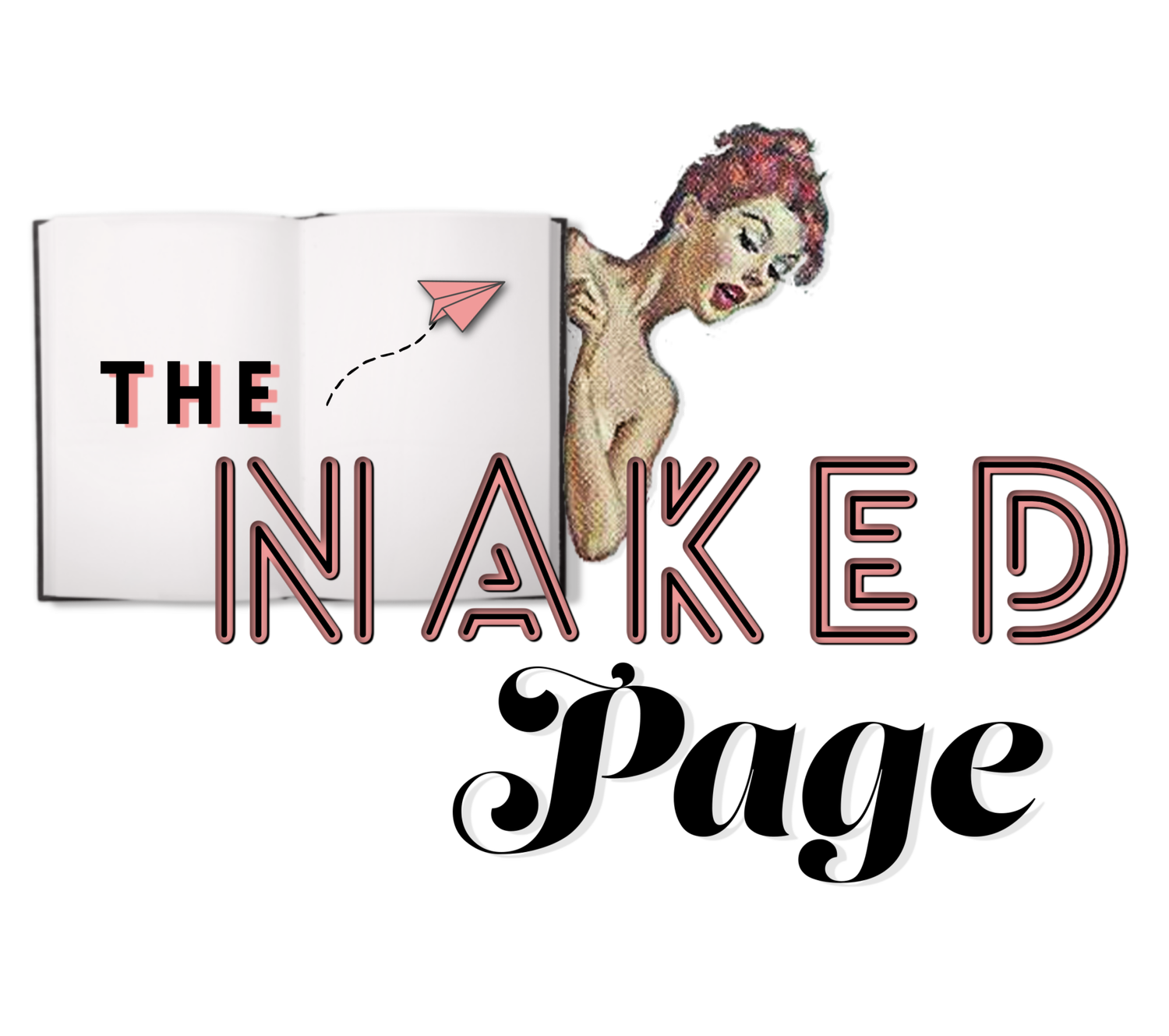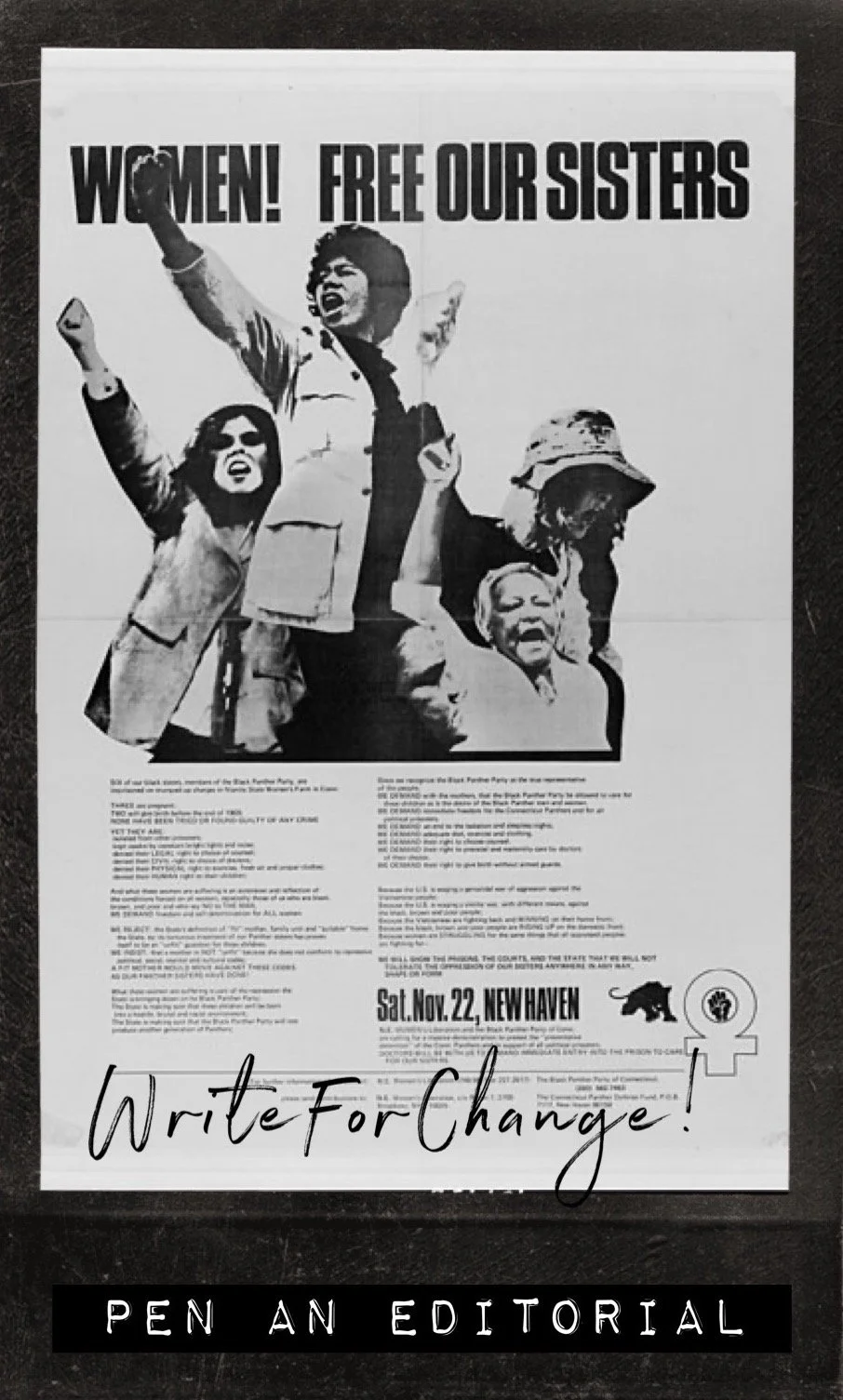Editorials: Writing for Change
“Yes, Virginia there is a Santa Claus.”
I know because I saw him on a family trip to North Pole, Alaska last week. (Thank god, I won’t have to stand in line at the mall with my kid this year.)
I also know this because Francis P. Church answered Virginia in an editorial in 1897.
When I think of editorials, I mostly think of my grandfather sitting at the kitchen table writing one because something upset him. A Chief Master Sergeant in the Air Force, after rheumatoid arthritis set in, he had to retire early and was only giving orders to my grandma.
He then took up writing his opinions to the local newspaper. But editorials encompass so much more than my pissed off pawpaw railing over rising gas prices.
As we stand in the midst of a deeply divided political arena with ongoing domestic terrorist attacks targeted at groups of people desperately trying to retain their freedoms, editorials can serve as a voice for the disenfranchised. Don’t underestimate this medium.
Did you know there’s been a Pulitzer Prize given for best editorial since 1917?
I work with a lot of people who write their stories in memoir form. That’s an important vehicle for truth. But writing an op-ed can give you immediate access to a wide audience by landing you in the opinion section of your local newspaper or even the New York Times. This means every citizen has the opportunity to help sway public opinion.
Editorials don’t have to be big sprawling treatises. In fact, they shouldn’t be.
Think of the punch and the power that comes from the New Yorker’s daily editorial cartoon. These simple illustrations depicting the artist’s attitude towards a current event can be as strong as a kick to the gut.
Tackling a short piece of writing with one clear topic is a great way to jumpstart your publishing career. Don’t be intimidated by this process. Some of the best voices in our country got their start by writing reviews or editorials—their personal opinions—even when American society was stacked against them.
The prolific James Baldwin entered into the publishing world by writing for the Nation, the country’s oldest weekly magazine.
He later sat on its editorial board.
At a time when even holding space as a black, gay man was dangerous, Baldwin voiced his disgust about police brutality. Read Baldwin’s A Report from Occupied Territory . Feel free to abandon this post to read what Baldwin wrote in 1966 and experience the relevance it holds for our current society.
Do you now understand the magnitude you have by speaking up?
If you’ve come back to me or just kept reading, you aren’t off the hook yet.
Check out this New York Times Op-ed by Angela Peoples entitled Don’t Just Thank Black Women. Follow Us.
You can even submit personal stories to a new column within The Opinion Pages of the New York Times called Transgender Lives: Your Stories.
Or if you’re looking for something from local news read Emotional Labor and Women of Color in the Workplace: A Reality Check by Theresa Suico.
Are you nervous about having your words heard?
Think about the bigger need in speaking out for others.
Realize with an op-ed you’re not just writing for yourself but for a bigger cause. Take a look at this short piece in the Huffington Post. The title says it all: Women, People of Color Largely Absent from Opinion Pages.
Social media is on fire with knee-jerk reactions and poorly worded rebuttals.
We need your thoughtful, well-constructed opinions to consider life from all angles. To rally us towards change.
Write your editorial today. You can do it!
Even though I’m a Gen Xer, here’s a list on where to pitch your editorials: A Millennial Guide Companion: Where to Pitch Your Op-ed.
If you had to pick one magazine or newspaper where you would pitch your op-ed, what would it be?


